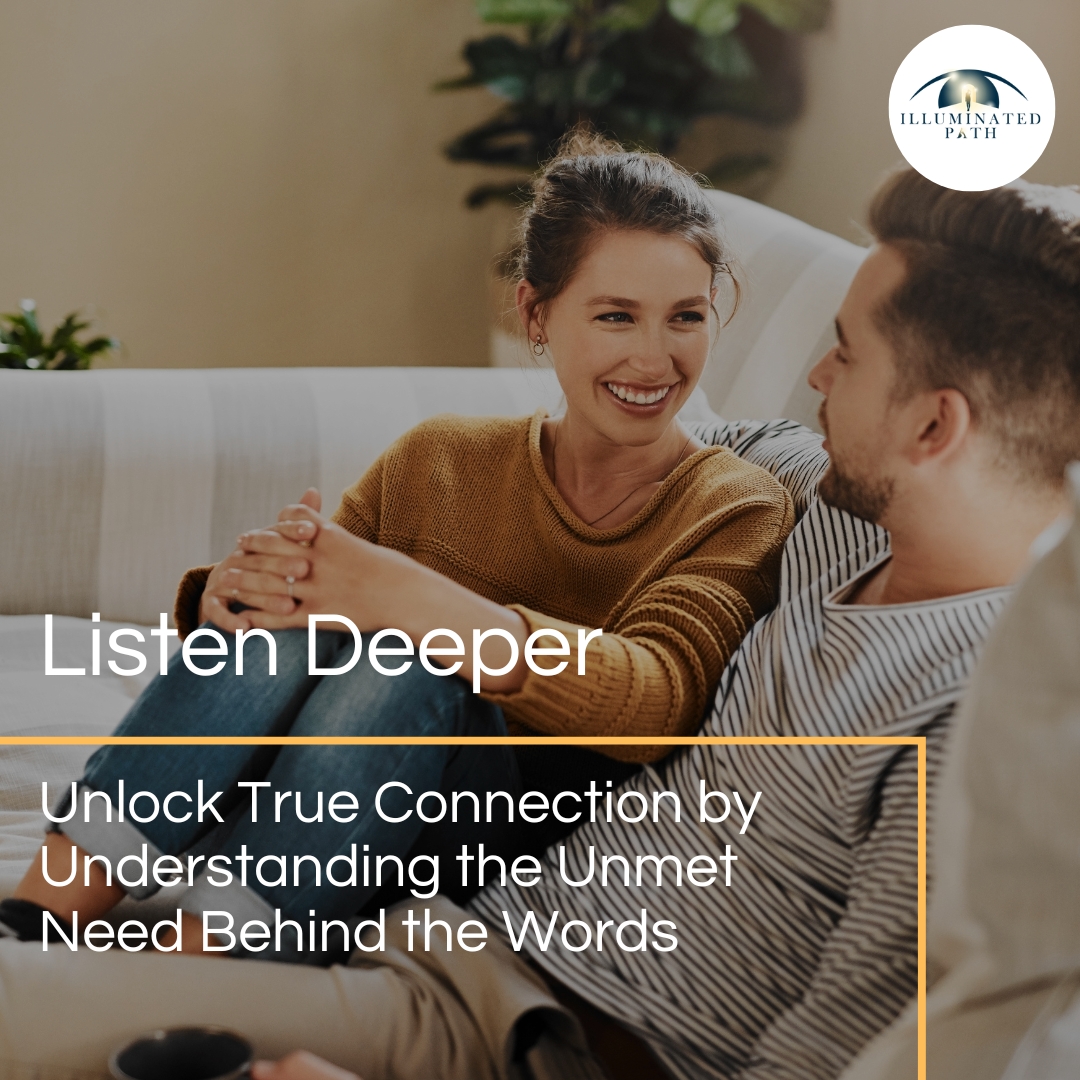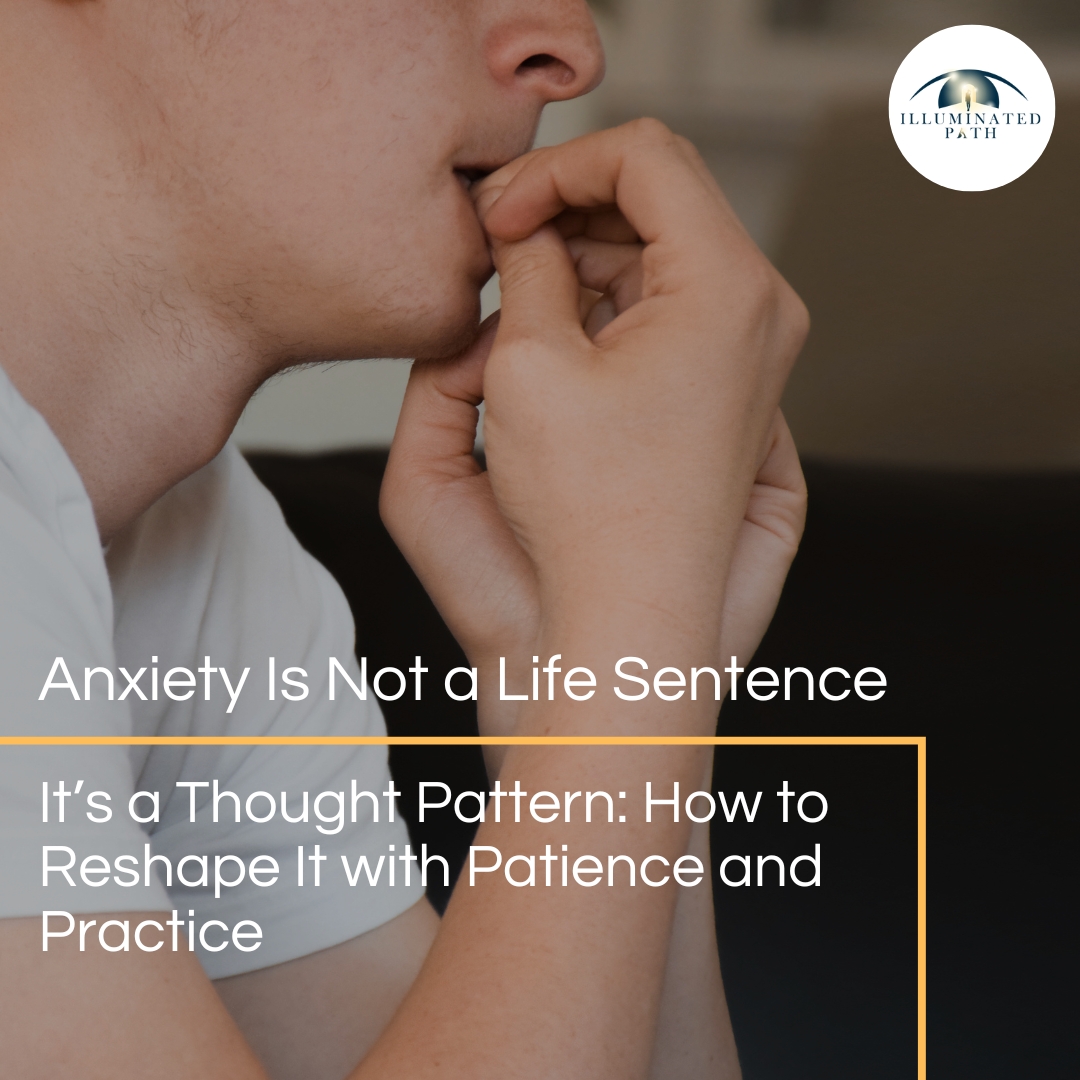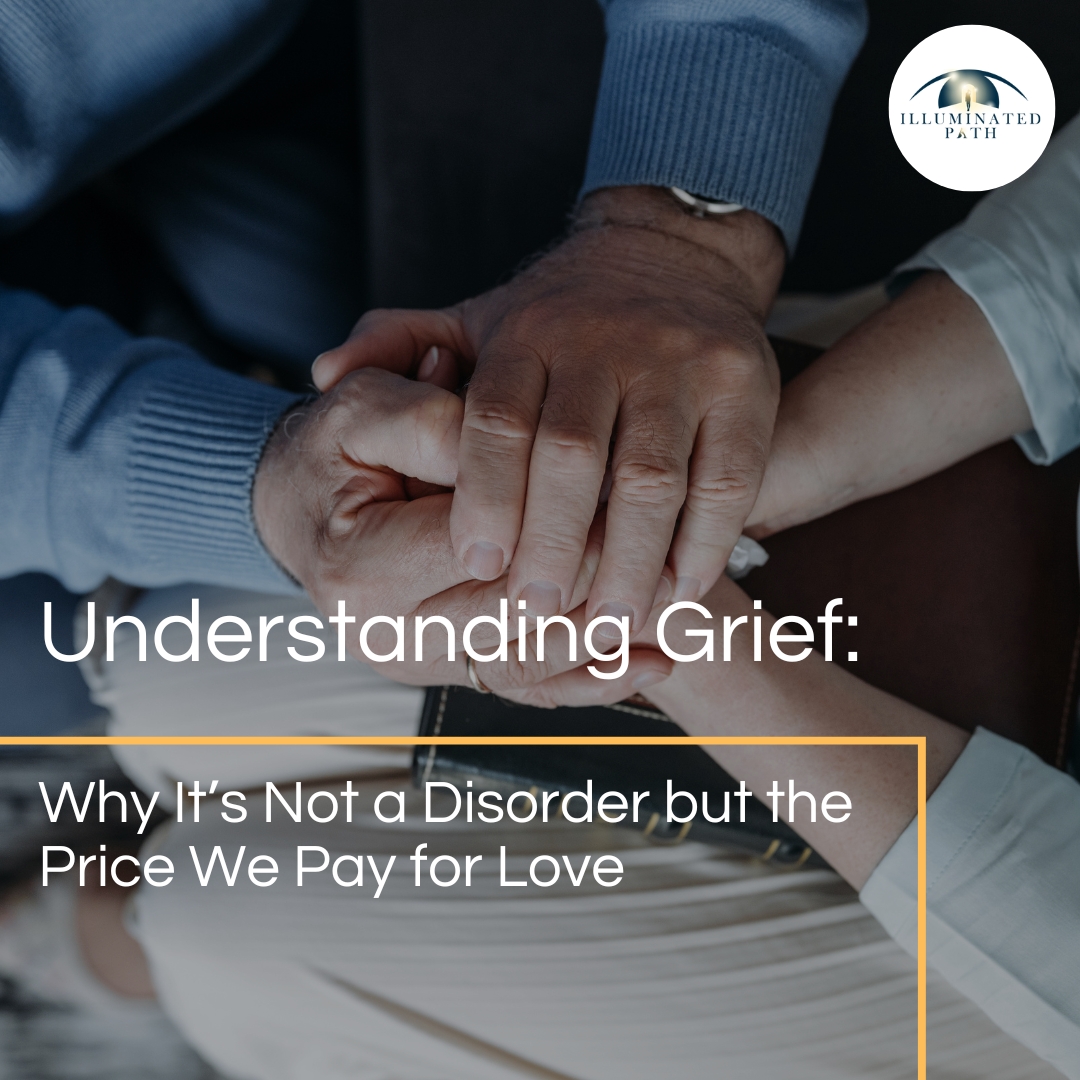Anxiety disorders, with their pervasive reach, impact a significant portion of the population, casting a shadow over many aspects of life, including intimate relationships. The statistical data surrounding anxiety’s influence on relationships paints a clear picture of its disruptive potential, underscoring the critical need for open communication, empathy, and understanding between partners.

Anxiety disorders, with their pervasive reach, impact a significant portion of the population, casting a shadow over many aspects of life, including intimate relationships. The statistical data surrounding anxiety’s influence on relationships paints a clear picture of its disruptive potential, underscoring the critical need for open communication, empathy, and understanding between partners.
The numbers are staggering:
Anxiety disorders stand as the most common mental illness in the U.S., affecting an estimated 40 million adults annually, which translates to roughly 18.1% of the population. (Source: Anxiety & Depression Association of America, ADAA) Globally, the situation is equally concerning, with an estimated 284 million people grappling with an anxiety disorder in 2017, making it the sixth leading cause of disability worldwide. (Source: World Health Organization, WHO)
The Ripple Effects on Relationships:
Anxiety doesn’t exist in a vacuum; it permeates into the dynamics of a relationship, often causing strain and dissatisfaction. Research consistently shows that individuals with anxiety disorders are more prone to experiencing difficulties and discontentment within their relationships.
A study featured in the Journal of Abnormal Psychology found that individuals with social anxiety disorder reported lower relationship satisfaction and increased conflict compared to those without the disorder. The impact of anxiety extends beyond emotional well-being. It can also affect physical intimacy and sexual function, adding another layer of complexity to the challenges couples face.
Communication and Understanding:
The Cornerstones of Resilience: Effective communication and genuine understanding emerge as the linchpins for navigating the turbulent waters of anxiety within a relationship Open and honest communication about anxiety, fears, and triggers has been shown to foster greater relationship satisfaction and minimize conflict.
Partners who feel safe expressing their anxieties without judgment create a foundation of trust and support. Empathy and support are equally vital.
When partners actively listen, validate feelings, and offer reassurance, it creates a safe haven for the anxious individual, strengthening the bond between them. Seeking professional help, whether through couples therapy or individual therapy, can provide individuals and couples with the tools and strategies needed to manage anxiety effectively and cultivate healthier communication patterns.
Data-Driven Hope
While the statistics paint a sobering picture, they also reveal a path towards resilience and growth. Studies have demonstrated that couples who actively address anxiety through open communication and mutual understanding experience a notable improvement in relationship satisfaction.
The willingness to communicate and empathize fosters an environment where conflict is less frequent and, when it does arise, is resolved in a healthier, more constructive manner.
By addressing the root cause of anxiety and fostering open communication, couples often experience a deepening of intimacy and a stronger emotional connection.
Conclusion
The pervasive nature of anxiety underscores the importance of addressing its impact on relationships. While the statistics may seem daunting, they also highlight the transformative power of communication, empathy, and professional guidance. By embracing these elements, couples can not only weather the storm of anxiety but also emerge with a more resilient and fulfilling relationship.
Remember: Open communication is a two-way street; both partners need to feel safe expressing their thoughts and feelings without fear of judgment. Empathy involves actively listening and validating your partner’s emotions, even if you don’t fully understand them.
Professional help is readily available and can equip you with the tools and strategies needed to navigate anxiety’s challenges effectively. By acknowledging the statistics, prioritizing open communication, and embracing empathy, couples can forge a path towards a stronger, more connected relationship, even in the face of anxiety.

The Author
Dr. Shadi Souferian Psy. D.
Licensed Clinical Psychologist
Therapist And Psychologist in Los Angeles And Beverly Hills.






